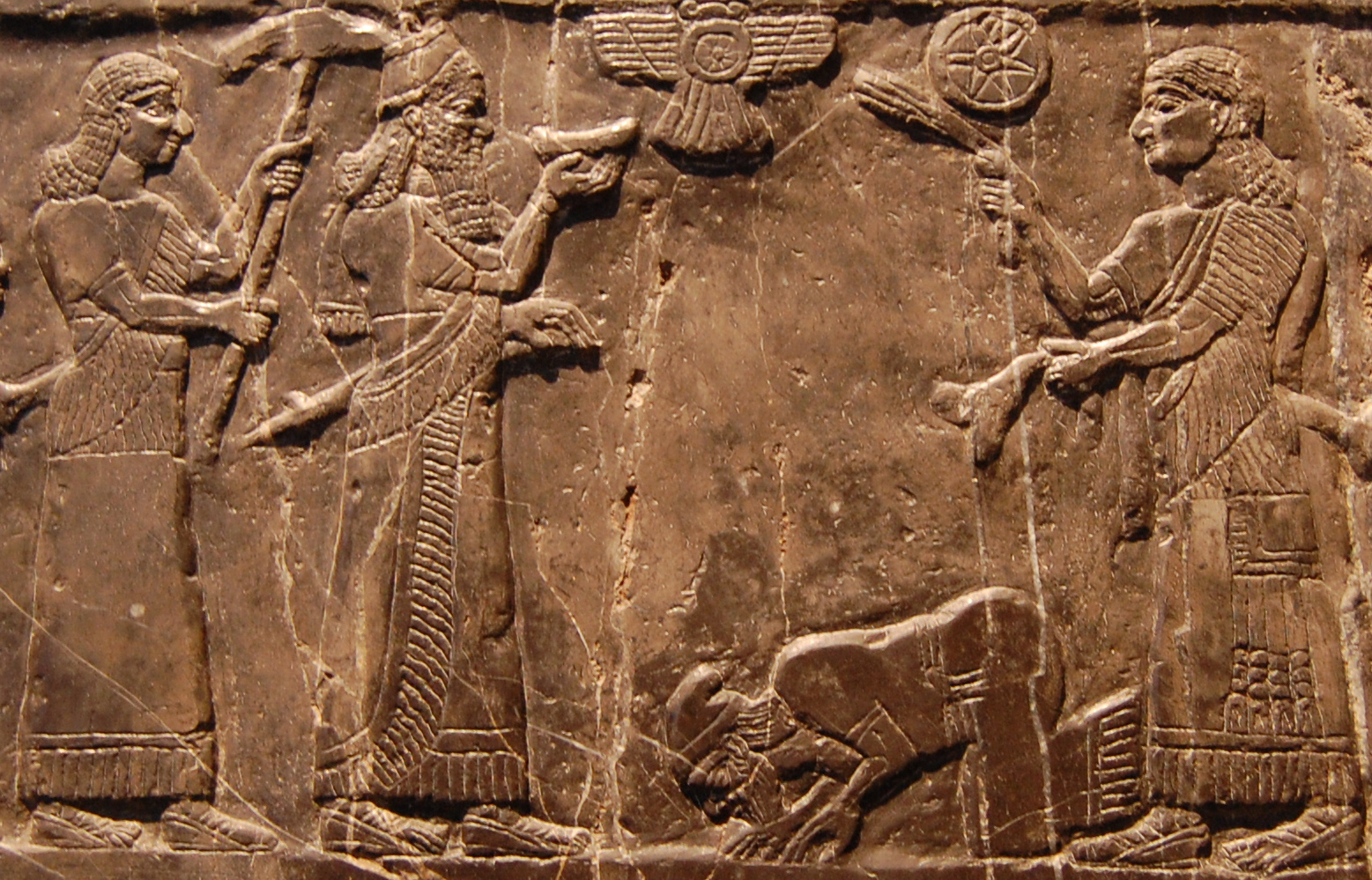The names of the youngsters of the prophet Hosea absolutely raised eyebrows within the Hebrew kindergartens of historical Israel. God advised Hosea to call the primary youngster Jezreel, which suggests “Might God sow” or “God will scatter.” The title might both be a blessing or a curse relying on how one checked out it. Moreover, the Jezreel valley was notoriously often known as a location of a lot preventing and bloodshed (1 Samuel 29:1-2 Samuel 2:8, 1 Kings 21:1, 2 Kings 9:24ff).
One youngster with a wierd symbolic title was not sufficient. Hosea’s second youngster was given the title Lo-Ruhamah, that means “Not cherished” or “Unloved.” Are you able to think about the awkwardness throughout roll name when that title got here up? “Is ‘unloved’ right here?”
For Hosea’s third youngster, God advised Hosea title him Lo-Ammi, which suggests “Not my folks.” Every of those names have been quite stunning to the Israelites. Most significantly, they have been symbolic names to symbolize God’s damaged relationship with the rebellious folks of Israel.
Why Was Hosea Instructed to Title His First Baby Jezreel?
Though the general symbolism of the three names appears comparatively clear (Hosea was instructed by God to declare Israel’s sin and their damaged covenant relationship), a few of the particulars are puzzling. For instance, Hosea 1:4 has a phrase which confuses lots of people. It reads as follows:
“And the LORD mentioned to him, ‘Title him Jezreel; for but a short time, and I’ll punish the home of Jehu for the bloodshed of Jezreel, and I’ll put an finish to the dominion of the home of Israel.’”
Hosea 1:4
This verse appears to point that Jehu’s household (the Northern Kingdom’s final dynasty) could be punished due to the bloodshed at Jezreel. The one attainable reference seems to be 2 Kings 9:24–10:17, the place at Jezreel, Jehu kills Joram, Ahaziah, Jezebel, and Ahab’s descendants to purge Israel of Baal worship.
A Potential Discrepancy between Hosea 1:4 and a couple of Kings 10:30
Evaluating the main points in Hosea 1:4 and a couple of Kings 10:30 appears to spotlight a pressure. In Hosea 1:4 the said cause for punishment is “the bloodshed of Jezreel.” However 2 Kings 10:30 appears to point God was happy by the bloodshed that occurred. It reads this fashion:
“The LORD mentioned to Jehu, ‘As a result of you may have carried out properly in executing what is true in My eyes, and have carried out to the home of Ahab in response to all that was in My coronary heart, your sons of the fourth era shall sit on the throne of Israel.’”
2 Kings 10:30
2 Kings 10:30 appears to point that the Lord is happy with Jehu’s violent actions in killing the idolatrous kings of Israel and eradicating Baal worship. So why does Hosea 1:4 point out that Jehu’s household might be punished “for the bloodshed of Jezreel” when 2 Kings 10:30 appears to approve of these actions?

Translating “For the Bloodshed of Jezreel”
Most English Bible translations convey an analogous that means for the important thing phrase in Hosea 1:4 concerning the “bloodshed of Jezreel.” For instance:
NASB: “for the bloodshed of Jezreel”
NIV: “on account of the bloodshed within the valley of Jezreel”
ESV: “for the blood of Jezreel”
Nonetheless, within the authentic Hebrew, the phrase reads: וּפָקַדְתִּי אֶת־דְּמֵי יִזְרְעֶאל עַל־בֵּית יֵהוּא. This extra exactly interprets to, “I’ll go to/convey the blood of Jezreel upon the home of Jehu.”
This phrasing results in an interpretive difficulty. Does “the blood of Jezreel” discuss with Jehu’s wrongful actions there? Or does it discuss with the result or penalties of Jehu’s slaughter at Jezreel coming upon his descendants?
A Believable Interpretation that Matches with 2 Kings 10:30
The extra possible interpretation, in my opinion, is that “the blood of Jezreel” refers back to the identical violent destiny that befell the evil kings Jehu slaughtered. In different phrases, the bloodshed that Jehu achieved in obedience to God at Jezreel in purging evil (as God authorised in 2 Kings 10:30) will now occur to Jehu’s personal depraved household line. They didn’t study from that historic lesson and continued in iniquity. Subsequently God would punish them with the bloodshed just like what they induced at Jezreel.
This interpretation is picked up by the HCSB and LSB translations:
“Then the LORD mentioned to him: Title him Jezreel, for in a short time I’ll convey the bloodshed of Jezreel on the home of Jehu and put an finish to the dominion of the home of Israel.” (HCSB)
“And Yahweh mentioned to him, “Title him Jezreel; for but a short time, and I’ll go to the bloodshed of Jezreel upon the home of Jehu, and I’ll trigger the dominion of the home of Israel to stop.” (LSB)
So what does all this must do with Hosea’s son being named Jezreel? Hosea’s son Jezreel was named not as indictment of Jehu’s actions, however as a prophetic signal that Jehu’s descendants would undergo violence and the top of their dynasty—simply as Jehu’s bloody purge at Jezreel had eradicated the home of Ahab.
This understanding appears to be probably the most simple understanding of the grammar and context of Hosea 1:4. It takes under consideration God’s optimistic analysis of Jehu’s purge (2 Kings 10:30) whereas additionally explaining the approaching judgment on Jehu’s unrighteous family by means of the symbolic title Jezreel. Sure, Hosea’s children had a tough time in kindergarten. However their names have been highly effective prophetic signposts indicating what God was going to do to Israel.

